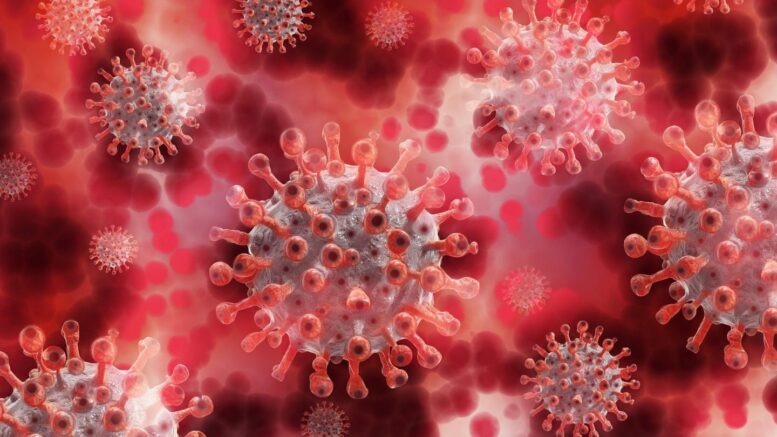Serious complications due to blood clots, such as heart attacks and strokes, that are experienced by some COVID-19 survivors may be caused by a lingering immune response in the blood vessels after recovery, suggests a study published today in eLife.
The findings may help explain why some COVID-19 survivors, so-called 'long-haulers', report lasting COVID-19 symptoms or why some experience strokes or heart attacks weeks or months after recovery. They may also suggest potential strategies to help prevent these complications.
"During the initial stages of infection, SARS-CoV-2, the virus that causes COVID-19, may attack the lining of the blood vessels which can trigger inflammation and an immune response. This can result in blood vessel damage in the short term," explains first author Florence Chioh, research assistant at the Lee Kong Chian School of Medicine (LKCMedicine), Nanyang Technological University, Singapore. "For our study, we wanted to investigate what happens in the blood vessels of COVID-19 survivors over the longer term."
Chioh and colleagues collected blood samples from COVID-19 survivors within a month of their recovery and discharge from the hospital. They found that, in comparison with healthy individuals, COVID-19 survivors have twice as many damaged blood vessel cells, called circulating endothelial cells, floating in their blood. Even more of these damaged blood vessel cells were found in survivors who had conditions such as hypertension or diabetes that can also damage the blood vessels.
In addition to signs of blood vessel damage, the team found that survivors had an abundance of inflammatory proteins called cytokines that are produced by immune cells. They also found unusually high numbers of immune cells called T cells, which help destroy viruses, despite the fact that the virus was already gone.
"We show that an overactive immune system is the likely cause of blood vessel damage seen in some COVID-19 survivors," Chioh says. "This may cause 'leakiness' in the blood vessels that increases the risk of blood clots."
"Our work suggests that COVID-19 patients, especially those with underlying chronic conditions, may benefit from close post-recovery monitoring," adds senior author Christine Cheung, assistant professor and Provost's Chair in Medicine at LKCMedicine. "This would help identify high-risk individuals who may need blood thinners or preventative therapy to protect them from debilitating blood-clotting complications."
Source: eLife

Be the first to comment on "Prolonged Immune Response May Contribute to Post-COVID-19 Blood Clots"